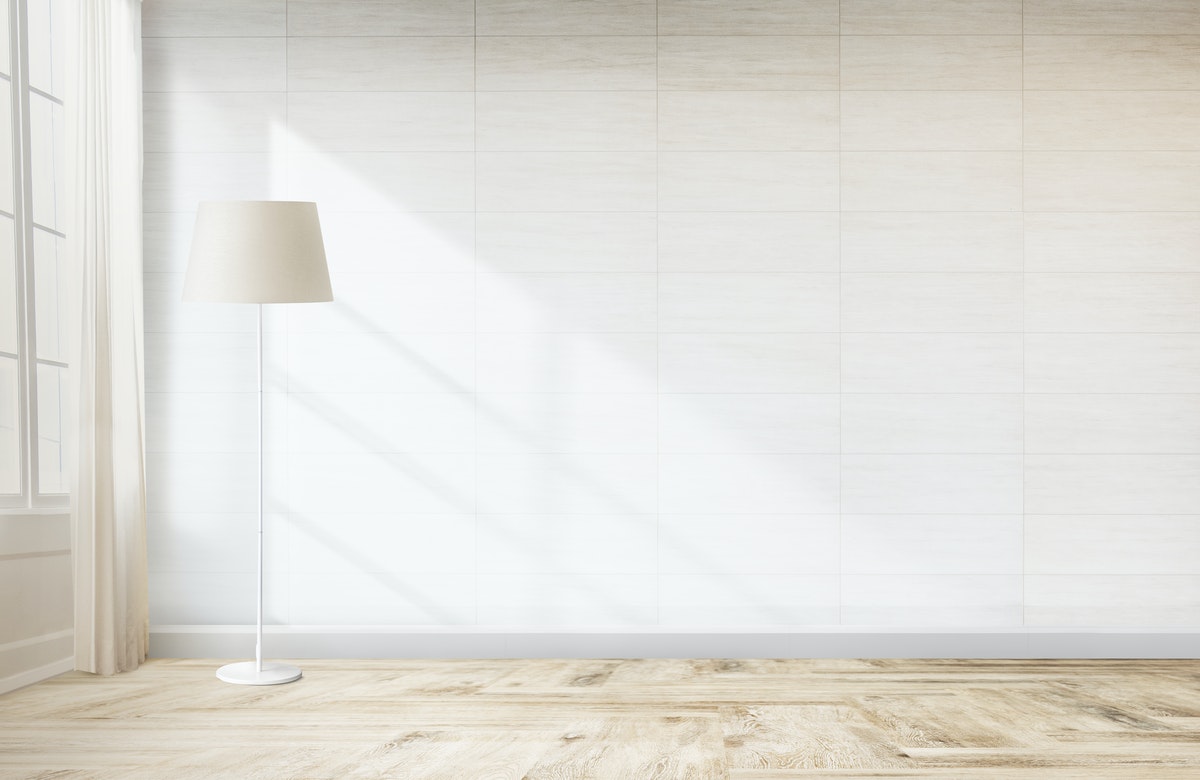Table of Contents
Your home is your personal environment. It’s a space that can influence your mood, impact your behavior, raise or lower your stress levels, and affect your relationships. A healthy, happy home can support your mental well-being. There are tips and tools you can use to improve your mental health at home.
If at any time you are concerned about a mental health issue, please reach out for help. Support and advice from licensed mental health professionals are available at MyTherapist.
Tips to make your home a haven for better mental health:
1. People are most important
If you live with others, try making an effort to improve relationships. Healthy relationships can be uplifting and a protective factor for mental health. You might try reducing stress in relationships with healthy communication focusing on what would help everyone in the household feel supported and respected.
2. Create a calming environment
Reducing clutter and using soothing colors that you like can have a calming effect.
3. Use light
Natural light can boost vitamin D, protect from the “winter blues” (or the more serious Seasonal Affective Disorder), and encourage healthy sleep patterns. Choosing window coverings that don’t block light during the day can help increase your exposure to beneficial light. The sun’s reflection from mirrors can also increase the effects of light in the home.
4. Disconnect from electronics
For part of the day, before bed, and while you’re sleeping. The blue light from electronics can interfere with the restorative sleep that’s important for mental wellness. Turning off screens can also help you be present in the moment instead of in the virtual world of a constant stream of information from technology.
5. Make your bedroom a sanctuary for sleep
Your sleeping space should be relaxing, dark at night, and screen-free. Find a temperature that’s comfortable for you for the best night’s sleep. In the morning, try making your bed. It will make your space feel neater and give you a sense of accomplishment, and the bed will be comfortable and ready to go for the next night’s peaceful sleep.
6. Keep your kitchen stocked
With nutritious food to feed your body and mind.
7. Find places in your home for relaxation and recreation
For instance, use the bath or shower for a relaxing reprieve. Use the kitchen to experiment with cooking. Clear a space for stretching or yoga.
8. When you’re at home, check your thoughts
If you are worried or feel anxious, try to figure out why and address the issues. Practice interrupting your negative thoughts. Replace them with positive alternatives. Try to see the good in situations. Sometimes doing something small in the house can help. Simply moving from one room to another or stepping outside can help your mind reset.
9. Set up a spot for reflection and gratitude
Find a comfortable space and use it regularly to reflect on what you’re grateful for. Expressing gratitude, even for small things, is key to a positive mindset. Using a gratitude journal or app can be helpful.
10. Leave the house
Stepping outside is good for mental health. Sunshine, nature, and walking offer a host of physical and mental health benefits—from Vitamin D to the release of feel good endorphins through exercise to the stress-reducing environment of natural spaces.
11. If you live in your home with others
Don’t ignore your own needs. It’s the old oxygen mask analogy. You need to secure your own oxygen mask before you can help others, so be sure to practice self-care.
While a chaotic, cluttered living space can be stressful, a serene, peaceful home can offer you a healthy, positive environment that promotes mental wellness. You deserve a healthy, happy home.









